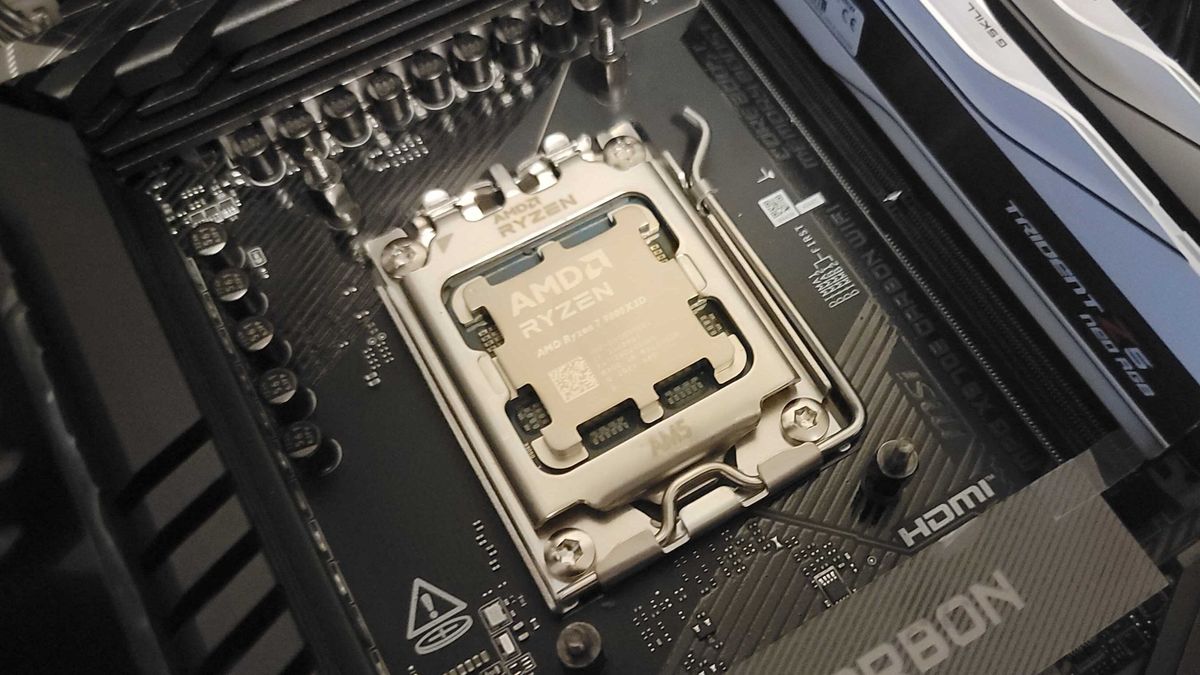The United States Senate has just passed the 'GAIN AI' legislation as part of the National Defense Authorization Act (NDAA), which would require AI chipmakers like Nvidia and AMD to prioritize chip orders for American companies over export orders, particularly to China and its allies. As reported by Bloomberg, the bipartisan bill sailed easily through the Senate and is now under consideration by the House.
“Today, the Senate acted to make sure American customers — including small businesses and startups —aren’t forced to wait in line behind China’s tech giants when purchasing the latest AI chips,” Senator Elizabeth Warren (D-MA), who co-sponsored the bill, said in a statement. Senator Jim Bank (R-IN), who is the lead co-sponsor of the bill, also noted that this bill will bolster the U.S. competitiveness in AI and other cutting-edge industries while reducing exports to U.S. rivals, particularly China.
Nvidia has always criticized this bill, saying that its global sales “do not deprive U.S. customers of anything” and that the logic behind it was “based on doomer science fiction.” The company also said that it was “trying to solve a problem that does not exist” and that it would “restrict competition worldwide in any industry that uses mainstream computing chips.” Nvidia has said that its H20 shipments do not affect the supply of H100, H200, and Blackwell chips, which makes sense as these all use different parts, and that the supply of one will not affect the supply of the other.

Follow Tom's Hardware on Google News, or add us as a preferred source, to get our latest news, analysis, & reviews in your feeds.

 3 weeks ago
49
3 weeks ago
49









 English (US) ·
English (US) ·